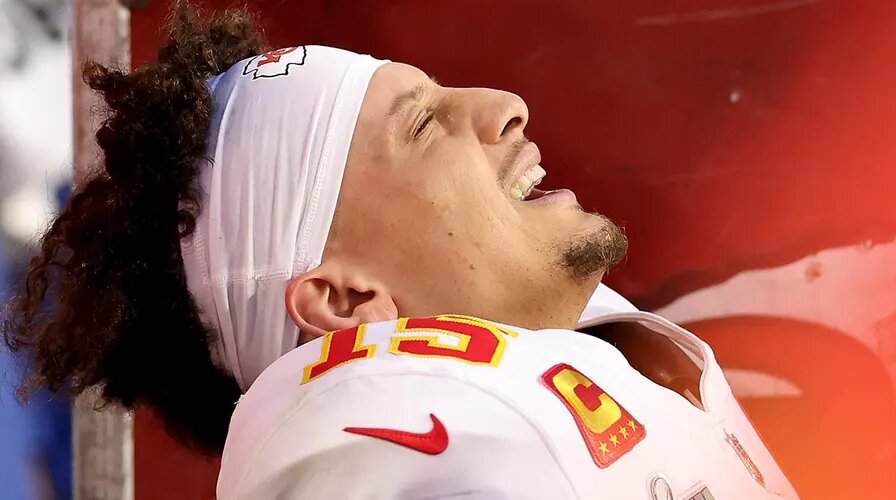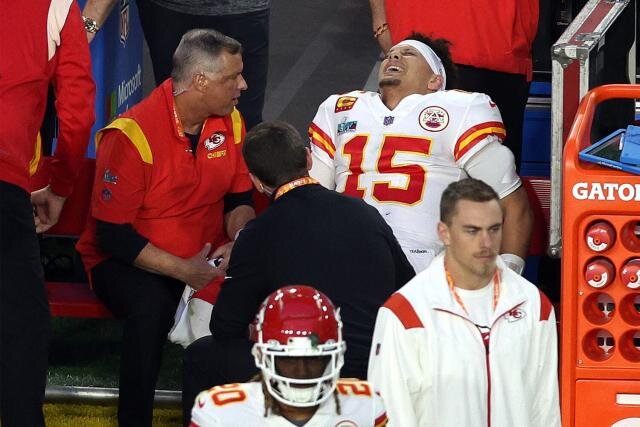


James Lemons, 39, wants the bullet removed from his thigh so he can go back to work.
Sarai Holguin, a 71-year-old woman originally from Mexico, has accepted the bullet lodged near her knee as her “compa” — a close friend.
Mireya Nelson, 15, was hit by a bullet that went through her jaw and broke her shoulder, where fragments remain. She’ll live with them for now, while doctors monitor lead levels in her blood for at least two years.

Nearly three months after the Kansas City Chiefs Super Bowl parade shooting left at least 24 people injured, recovery from those wounds is intensely personal and includes a surprising gray area in medicine: whether the bullets should be removed.
Medical protocol offers no clear answer. A 2016 survey of surgeons found that only about 15% of respondents worked at medical facilities that had policies on bullet removal. Doctors in the U.S. often leave bullets buried deep in a person’s body, at least at first, so as not to cause further trauma.
But as gun violence has emerged as a public health epidemic, some researchers wonder if that practice is best. Some of the wounded, like James Lemons, are left in a precarious place.
“If there’s a way to get it out, and it’s safely taken out, get it out of the person,” Lemons said. “Make that person feel more secure about themselves. And you’re not walking around with that memory in you.”
Lemons, Holguin, and Nelson are coping in very different ways.
Pain Became a Problem
Three days after the Chiefs won the Super Bowl, Lemons drove the 37 miles from Harrisonville, Missouri, to downtown Kansas City to celebrate the victory. The warehouse worker was carrying his 5-year-old daughter, Kensley, on his shoulders when he felt a bullet enter the back of his right thigh.
Gunfire erupted in the area packed with revelers, prosecutors later said, after a “verbal confrontation” between two groups. Detectives found “multiple 9mm and .40 caliber spent shell casings” at the scene. Lemons said he understood immediately what was happening.
“I know my city. We’re not shooting off fireworks,” he said.
Lemons shielded Kensley’s face as they fell to the ground so she wouldn’t hit the concrete. His first thought was getting his family — also including his wife, Brandie; 17-year-old daughter, Kallie; and 10-year-old son, Jaxson — to safety.